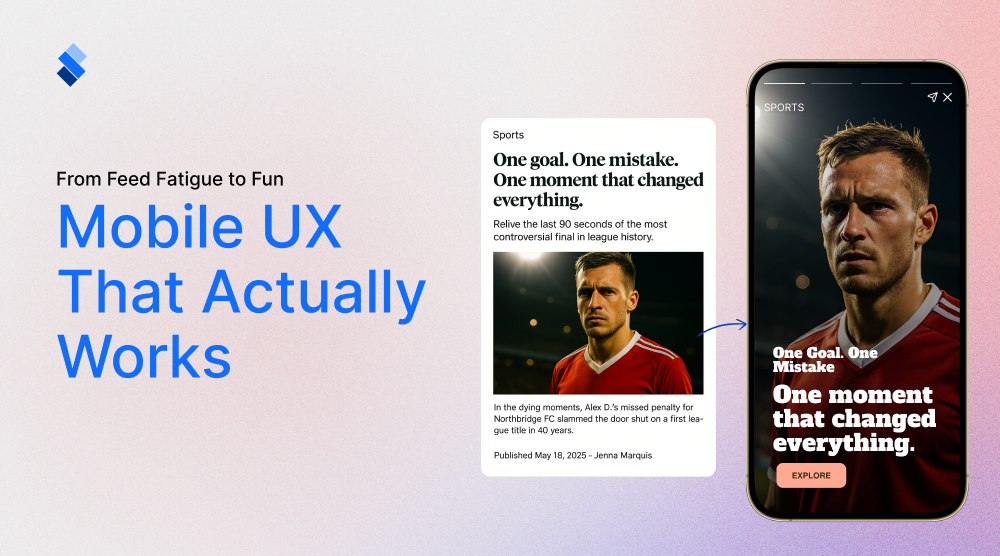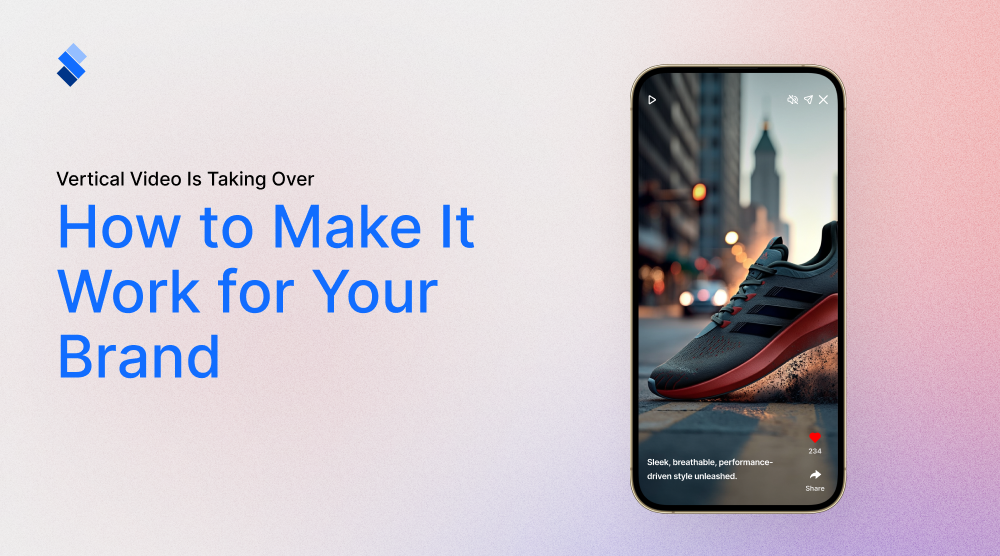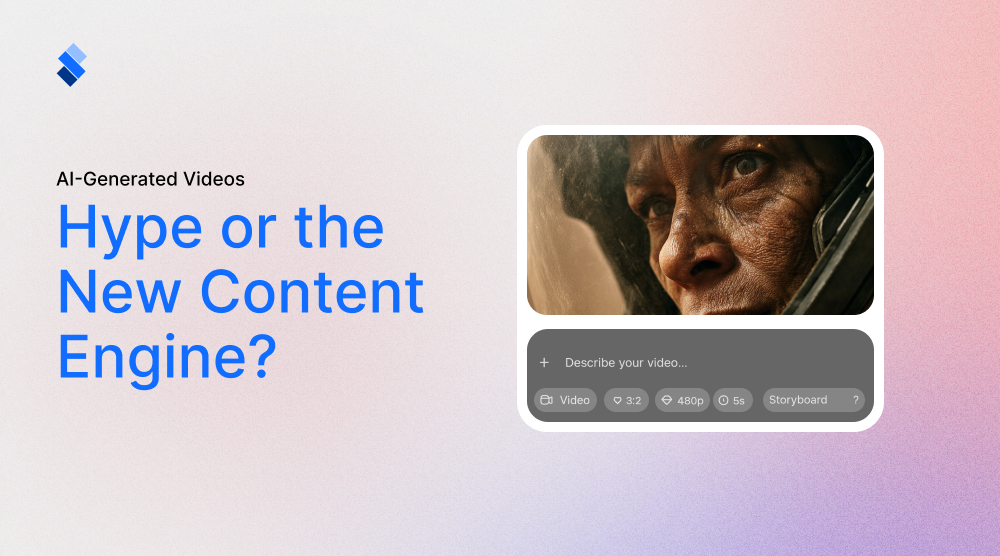Introducing SearchGPT: Could This Be the End of Google’s Reign?
Discover how ChatGPT's new SearchGPT feature challenges Google's dominance in search. Explore the pros and cons for users and what this means for news and media publishers in the evolving AI landscape.

It’s official. ChatGPT is an AI-powered search engine.
OpenAI has introduced SearchGPT, a real-time web search function connected to ChatGPT. In a world where Google has been dominating for decades with its 90% dominance in the world of internet search engines, this is really BIG NEWS.
ChatGPT's Internet search integration closes a key competitive gap with rivals like Microsoft Copilot and Google Gemini, which have long offered real-time Internet access in their AI conversations. With this move, ChatGPT has the greatest chance of threatening Google's search dominance of any Google competitor ever. OpenAI presented SearchGPT just two days after Google announced that it had expanded AI Overviews to more than 100 countries in the world (and no EU countries are not among them yet), and Meta also announced its AI search engine.
No one in this AI war wants to turn out to be the new Nokia that turned out to be a heavy loser in the smartphone war. Google especially fears that fate.
The head of OpenAI himself, Sam Altman, wrote on X: “Search is my favorite feature we've launched at ChatGPT since the initial launch! It's probably doubled my usage in the last few weeks.”
What is SearchGPT and what does it look like?
SearchGPT is an Internet search function through the ChatGPT interface. Instead of launching as a separate product, the search engine is integrated into the existing interface and allows users to search for information on the Internet in real time without leaving ChatGPT.
When a user makes a query that requires the latest information, ChatGPT uses the SearchGPT function to search the Internet. He relies on search engines like Bing, which give him access to current data, thus expanding his previously built-in knowledge.

Although the Internet search option is used independently by the AI, depending on the type of user's query, users can also start it manually if they want to expand their knowledge beyond the model offered by ChatGPT. After a user asks a question in ChatGPT, they can click the "Search" button, and the answer they get has a "Sources" button with links to references.
For now, this option is only available for ChatGPT subscribers, but in the coming months the search will be available in a free version as well. Apart from this, there is also a Chrome extension with which you can set the ChatGPT search engine as the "default" search engine.
SearchGPT vs. Google - similarities and differences
How does ChatGPT search compare to Google?
For starters, it's important to emphasize that SearchGPT uses Bing and other sources to retrieve information, not Google.
Second, the results offered by SearchGPT overlap 73% of the time with the results on Bing, and only 46% with the results on Google.
Third, while Google offers users a list of links where they can find information, SearchGPT offers users complete information immediately.
There are several reasons why users might choose SearchGPT over Google, and these are its advantages. Those who had the opportunity to try SearchGPT have only words of praise. Among the dozens of texts and hundreds of statuses that I managed to read, here is what people point out as particularly good about SearchGPT, and what is still better about Google.
Advantages of SearchGPT:
- Quickly
- No ads
- Overview
- Meaningful
Fast: The results that SearchGPT throws up are fast. In the early days of AI chatbots, slowness was one of the major complaints of users, but that is now a thing of the past.
No ads: Users like the absence of ads on SearchGPT the most. ChatGPT search is said to have all the features that early Google had before it started monetizing our attention.
Google's search results pages are loaded with ads, and it's getting on everyone's nerves.
While Google makes a lot of money from advertising in search results, OpenAI currently has no plans to advertise in ChatGPT. It should be emphasized NOW, because Google was also ad-free in the beginning. And since search powered by artificial intelligence is still more expensive to maintain than traditional search, it is clear that OpenAI will have to be financed somehow in order to remain available in the free version.
Clear and meaningful: The current Google search engine is so "burdened" with other Google products and services (advertisements, business profiles, news, images, reservation systems, etc.) that it is quite unrecognizable compared to the search engine we started using Google.
SearchGPT offers a response in natural language, and the information is concise and transparent, making it easier for users to understand the information. Search gives a sense of meaning because it gathers different information into a text that has a head and a tail.

It also allows you to keep track of the conversation, so that later searches continue to the previous ones, without having to formulate everything again. Everything takes place on the same screen, while with Google search the information disappears as soon as a new search occurs in the same window. So, Google requires users to browse multiple sources to find information, and SearchGPT keeps them in the same screen.
Advantages of Google:
OpenAI still clearly states at the bottom of the page, that "ChatGPT can make mistakes."
It is not unknown that ChatGPT, just like other AI chatbots, throws out sometimes inaccurate and incoherent information that has already been dubbed as "AI hallucinations". But AI is getting better at treating these hallucinations, and it's only a matter of time before they are completely "cured".
In this context, as long as users are sure that there are no "hallucinations" (i.e., errors in the generated information), ChatGPT might have an advantage. However, users who like to browse sources themselves and know exactly where their search is taking them may not be like a "middleman" who explains the information to them while directing them further.
In addition, the information that SearchGPT gives us is much more limited:
- SearchGPT offers an average of 13 results, while Google offers more than 100
- SearchGPT has only 57.04% unique domains in its search results. Google's search index includes hundreds of billions of web pages, which is far more than the database from which ChatGPT extracts information.
- SearchGPT lacks elements like video, maps and other useful features that Google has.
Apart from this, it should be noted that one third (or 32%) of all results offered by SearchGPT come from the media, so ChatGPT clearly favors media houses and portals over other web sources. Google favors Reddit, on the other hand. Platforms such as Reddit, Quora, Medium will often appear above some other results because Google favors them. He especially favors Reddit, with whom they made a very lucrative financial deal last year.

Final word
While ChatGPT’s SearchGPT introduces a compelling new chapter in the realm of search engines by prioritizing speed, clarity, and an ad-free experience, it’s not without its limitations. For news and media publishers, this shift presents both challenges and opportunities. On one hand, SearchGPT's reliance on direct media sources can amplify the reach of credible publications. On the other hand, its narrower search index and potential for inaccuracies mean Google’s extensive network and familiar features still hold strong appeal for many users.
As AI-driven search evolves, news and media publishers must stay adaptable, leveraging these platforms strategically to maximize visibility and engagement. The future of search is not about choosing sides but embracing a landscape where multiple tools coexist, reshaping how information is accessed and delivered. The big question isn’t just if ChatGPT will dethrone Google, but how this shift will redefine the roles of publishers and the broader information ecosystem.







